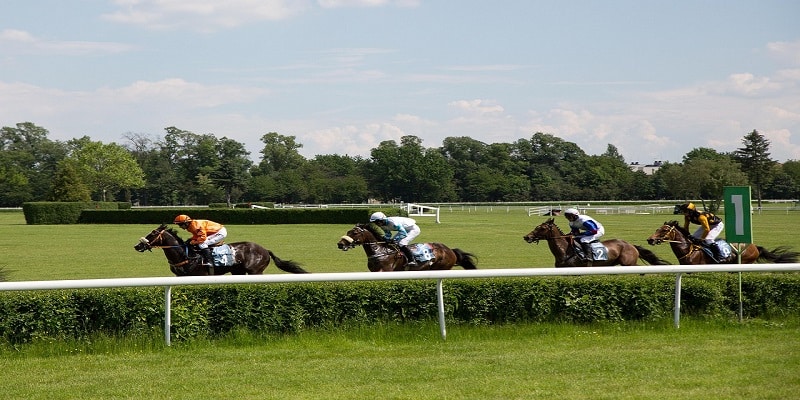
A Racing Post survey shows that Labour MPs are disengaged and divided over the proposed overhaul of online gambling taxes that would result in horse racing bets being subject to the same tax rates as online casino bets. (Image from)
Labour MPs are ‘disengaged and divided’ over a proposed overhaul of betting taxes, according to a new Racing Post survey.
Now, British racing leaders warn that treating their sport like just another gambling product under sweeping reforms could financially cripple one of the nation’s oldest and most cherished pastimes.
The Racing Post performed the survey in response to the UK government’s Treasury consulting on plans to replace the current three-pronged tax structure of online gambling tax with a single duty for all online gambling verticals.
That means horse racing bets would be taxed at the same rate as online casino games, which is currently set at 21% and paid by operators.
Those proposals have been condemned by both the British Horse Racing Authority and the Racing Post, who believe they could result in the eventual collapse of Britain’s second-highest-attended sport.
The gambling industry in the UK is on the brink of ruin if Labour raises taxes, in particular horse racing, which risks being taxed out of existence as things stand.
Racing Fights for Its Future
The British Horseracing Authority (BHA) was one of the first to sound the alarm. The authority has quickly called for horse racing to be considered a separate betting entity from other online gambling verticals and to be taxed separately.
In a formal submission to HM Treasury, the BHA argued that the sport’s survival depends on understanding its ‘unique economic model’, which is heavily reliant on betting revenues to fund prize money for owners and jockeys, the racecourses themselves as well as grassroots development.
“Horseracing has a uniquely symbiotic relationship with betting and the Government must understand this. It is why we are calling for betting on racing to be taxed at a different and lower rate to all other forms of betting” said the Acting Chief Executive of the British Horseracing Authority, Brant Dunshea in the BHA’s public statement.
In their detailed argument to the Treasury, the BHA emphasised that a one-size-fits-all policy would erode revenues across the sector and sabotage the financial ecosystem that underpins the UK’s world-renowned racing calendar.
Labour’s Internal Tensions on Display
A Racing Post survey revealed not just uncertainty, but a lack of understanding among Labour MPs on the implications of racing-specific tax increases. It shed light on the growing political confusion surrounding this issue.
Conducted ahead of the Treasury consultation that closes today, the Racing Post attempted to contact 58 MPs who represent constituencies that contain a racecourse or have a connection to the sport through training facilities. The aim was to gauge the position of these MPs on proposed changes. Remarkably fewer than a quarter of Labour MPs responded, while half of Conservative MPs responded. Of 6 out of 23 Labour MPs contacted, more than half showed support for the proposals, while all 10 of the 21 Conservative MPs condemned them.
Also, the survey revealed a striking lack of consensus among the Labour MPs contacted. :
-
Some MPs admitted to knowing very little about the economic dependencies of the racing industry.
-
Others were unaware of the potential fallout by adding horse racing in the same taxation class as other gambling sectors.
-
Several MPs expressed concerns about appearing too closely aligned with gambling interests, as politicians have been previously condemned for their connection to gambling and supporting the industry in parliament.
UK Operators Likely Still Cornered by Levy Hikes and Overregulation
This isn’t the first time operators have braced for heavy blows.
In March, the UK government thankfully backtracked on 100% gambling tax increases that we and most other commentators believed were nothing short of disgusting and would lead to a huge increase in UK gamblers moving to the black market. New rules, such as capping the maximum bets allowed on slot machines and requiring affordability checks, have already contributed to such a rise. However, this would give players an even bigger incentive to play at offshore crypto casinos that already offer a more valuable experience.
However, industry figures warned that the temporary reprieve was no victory, especially since a £100 million levy on gambling firms had already been introduced earlier in the year. Payable separately from tax, that levy is allocated to charities and institutions addressing gambling harm. While that’s a more understandable change that helps protect UK players, it highlights how operators must be finding it increasingly difficult to operate within the UK amid high taxation and strict regulations.
Industry Bracing for a Worst-Case Scenario
Here at Casinoplusbonus, we feel the potential consequences of these proposals should not be ignored. According to the BHA, the fallout could be severe if horse racing bets are subject to the same level of tax as online casino gambling and sports betting. New tax rules will increase the tax paid on horse race betting to 21%, the same rate as online casino bets. As a result, it is predicted that there will be a loss of at least £66m in income per year. In the worst-case scenario, where betting taxes are hiked to 40% in the future if Labour gets its way, those losses could increase to £160m.
That lost income would result in:
-
Thousands of jobs in rural areas and on racecourses could vanish.
- The industry will go overseas (no surprise here, as the previous Labour government decimated many other industries that fled overseas in its last run of power)
-
Prize money would likely plummet, which could lead to a decline in interest from owners and sponsors.
-
Race fixtures could be drastically reduced, which would affect tourism and media rights.
-
Grassroots racing and training could collapse entirely
With the industry already navigating levies and financial obligations, a generic tax increase could be the final straw. Operators, sponsors and racecourse managers alike are warning of a cascading effect across the entire UK racing ecosystem.
As we’ve previously argued at Casinononusplus, the UK government has shown a pattern of reactionary policy-making that lacks the precision required for an industry as multifaceted as gambling—and especially horseracing.
What Happens Next
While the BHA and its allies continue lobbying behind closed doors, no official timeline has been given for a response from the Treasury. Industry leaders hope Labour will revisit the details before including sweeping tax hikes in its next fiscal plans.
For now, all eyes are on the Treasury, and whether they’ll see horseracing as more than just a number on a balance sheet. However, if Labour make this change, it is likely going to deminate more than just horse racing, but industries surrounding it, such as tourism.

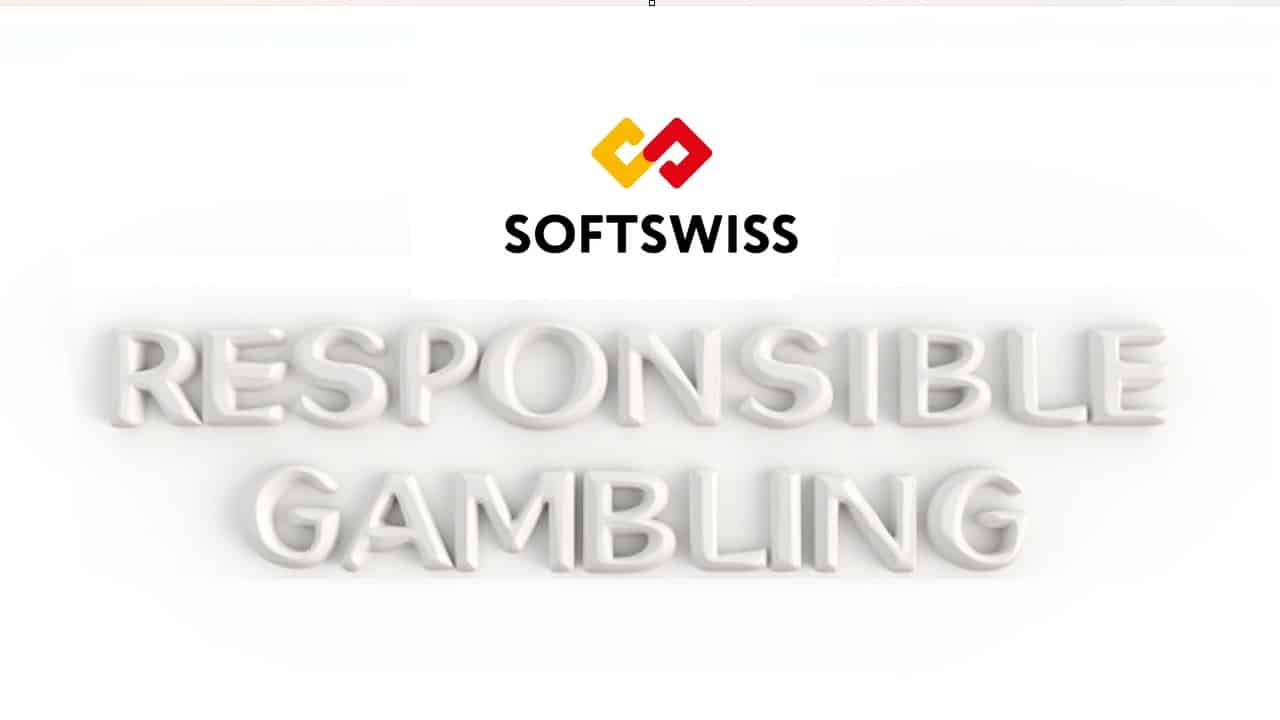
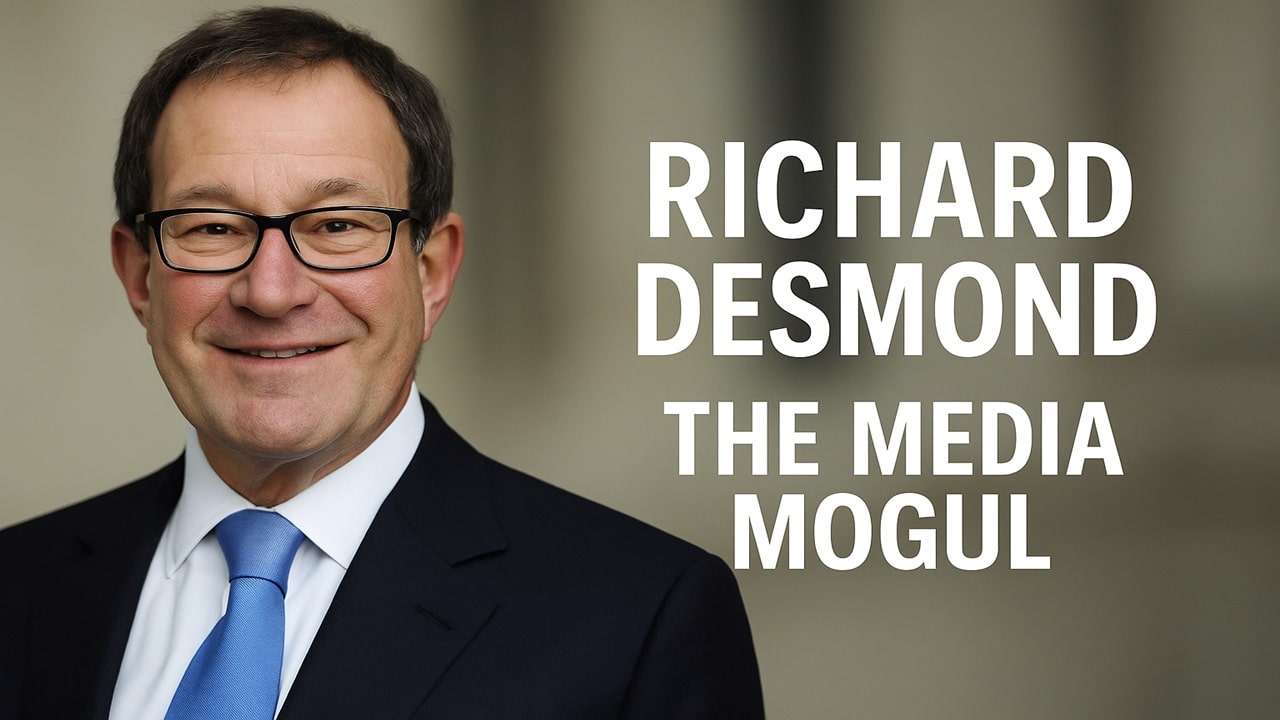



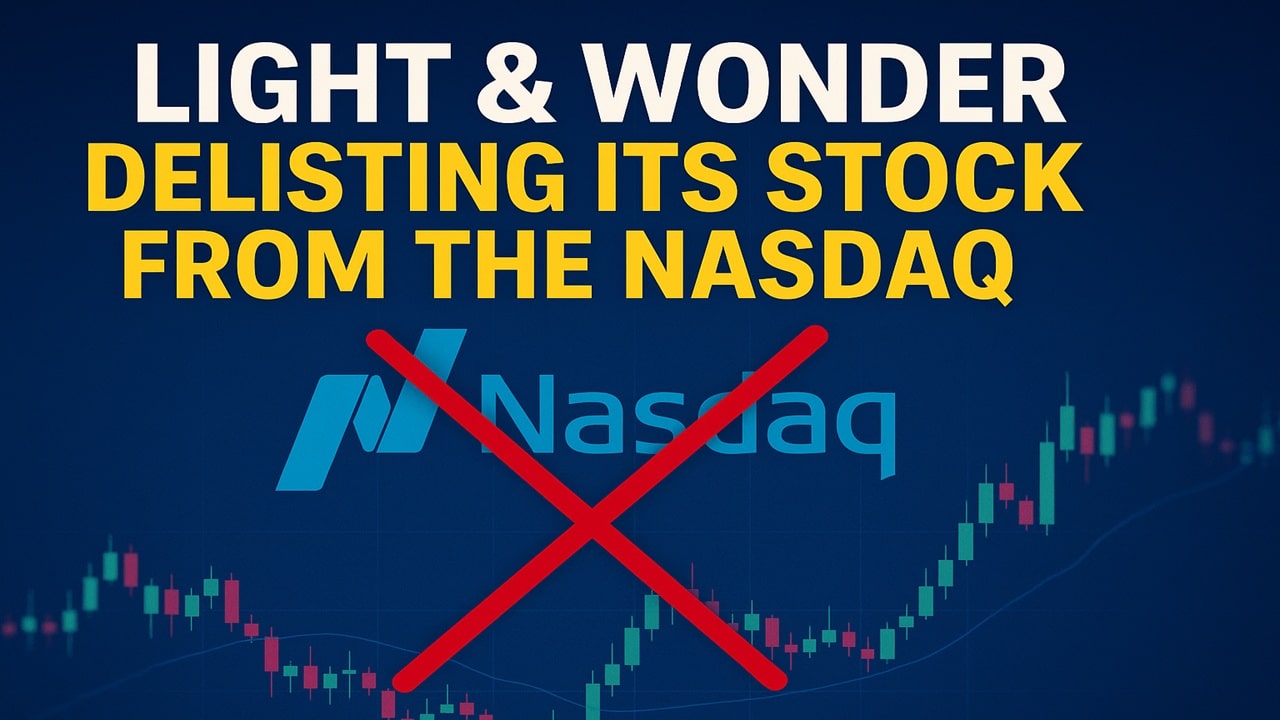
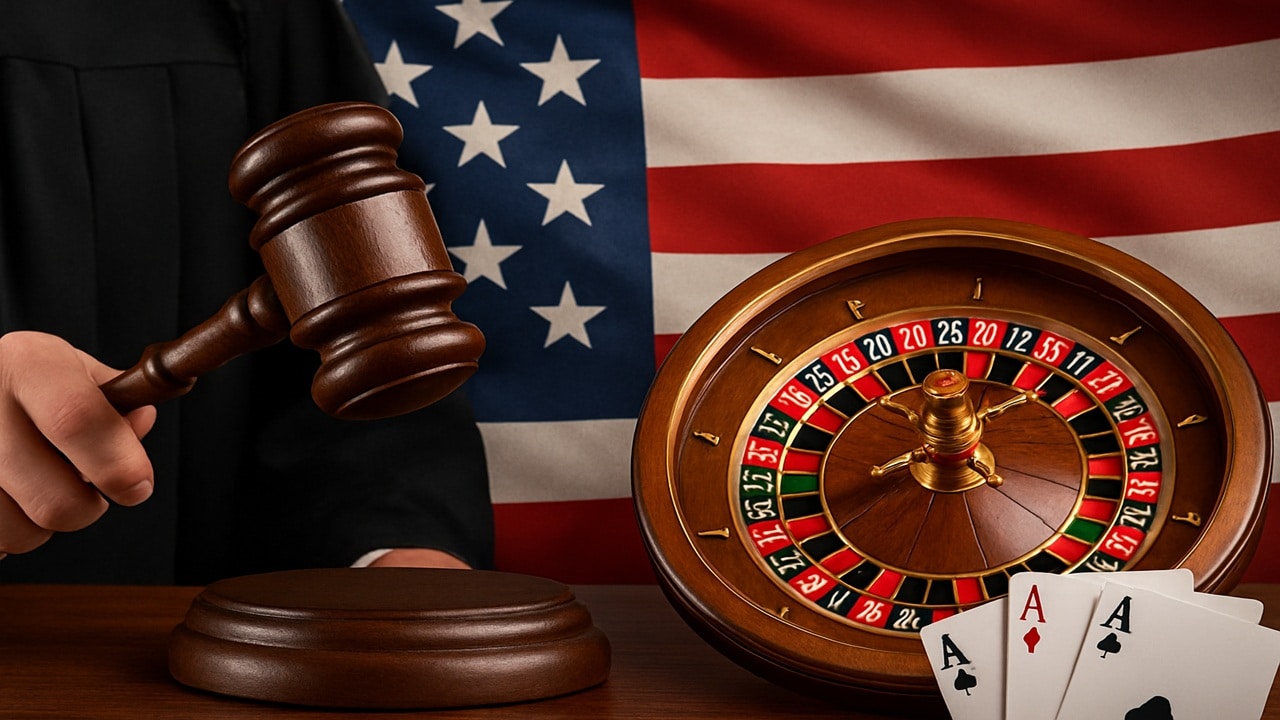



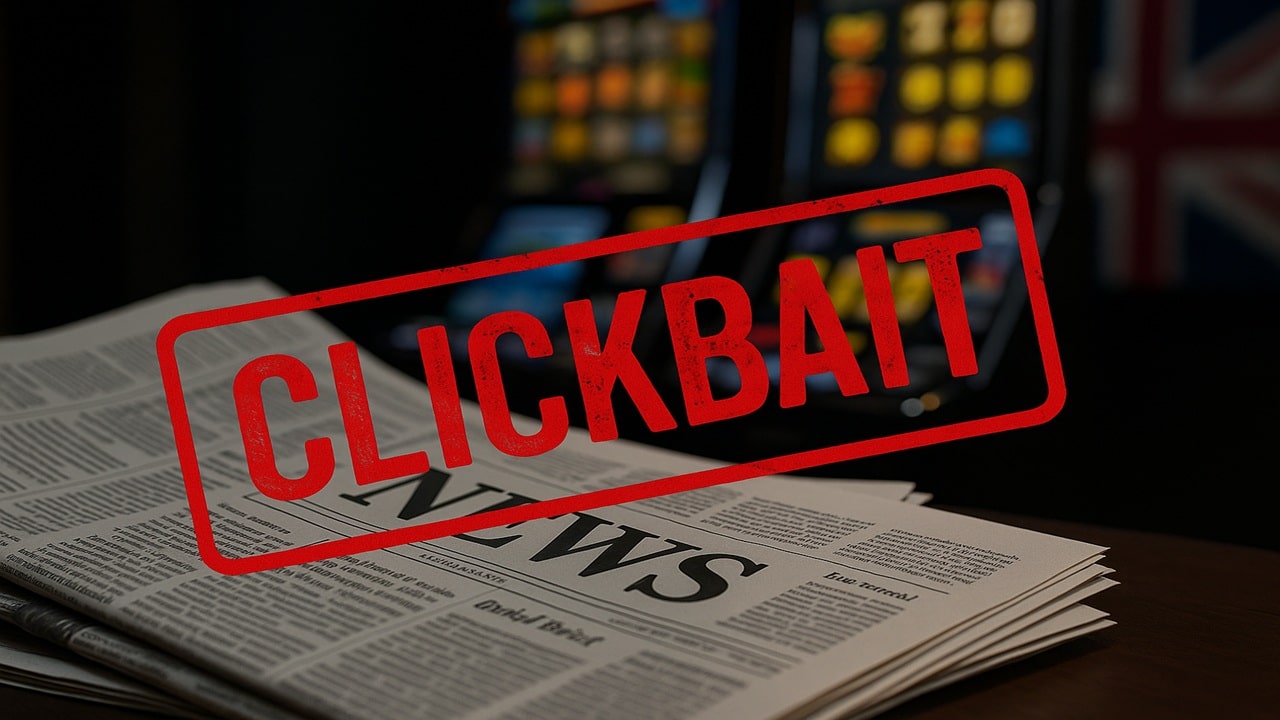

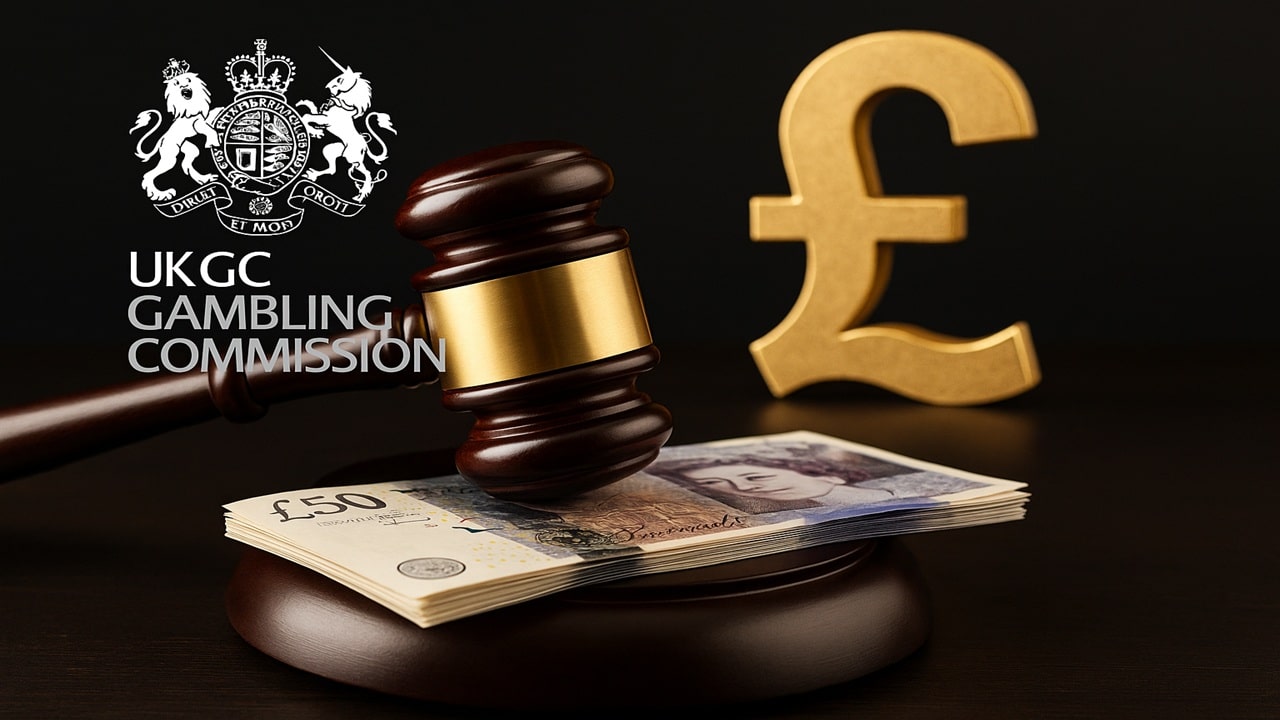
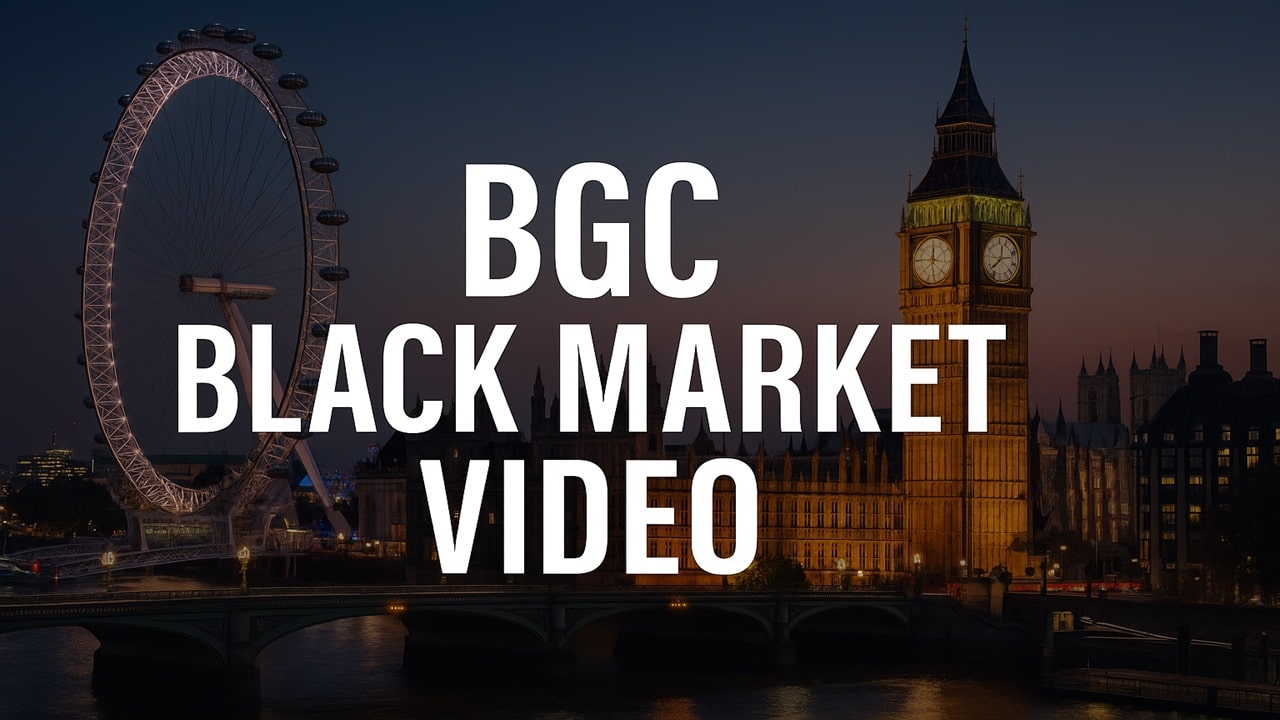













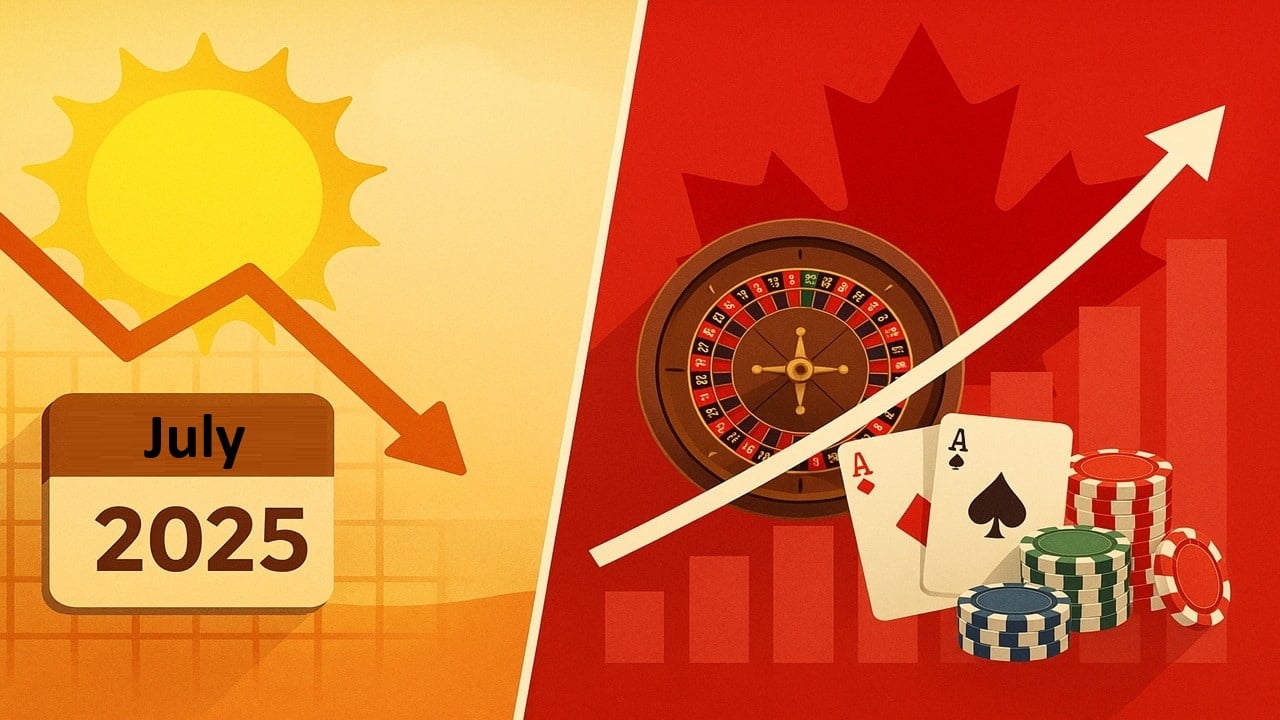
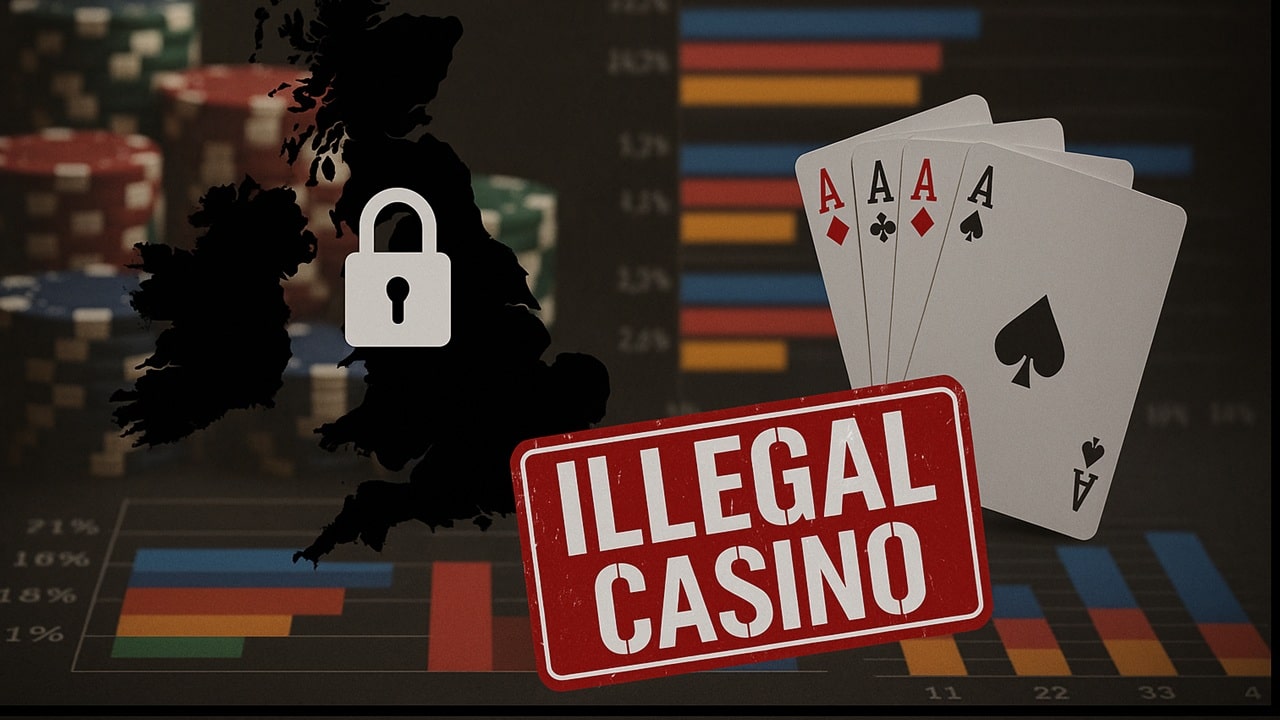

Leave A Comment